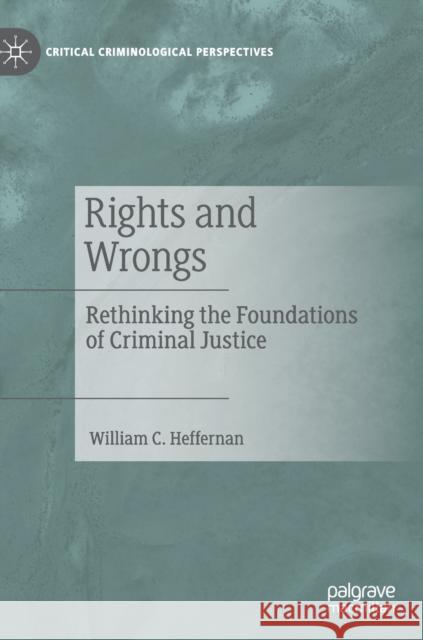Rights and Wrongs: Rethinking the Foundations of Criminal Justice » książka
topmenu
Rights and Wrongs: Rethinking the Foundations of Criminal Justice
ISBN-13: 9783030127817 / Angielski / Twarda / 2019 / 149 str.
Rights and Wrongs: Rethinking the Foundations of Criminal Justice
ISBN-13: 9783030127817 / Angielski / Twarda / 2019 / 149 str.
cena 261,63
(netto: 249,17 VAT: 5%)
Najniższa cena z 30 dni: 231,29
(netto: 249,17 VAT: 5%)
Najniższa cena z 30 dni: 231,29
Termin realizacji zamówienia:
ok. 22 dni roboczych.
ok. 22 dni roboczych.
Darmowa dostawa!
Kategorie:
Kategorie BISAC:
Wydawca:
Palgrave MacMillan
Seria wydawnicza:
Język:
Angielski
ISBN-13:
9783030127817
Rok wydania:
2019
Wydanie:
2019
Ilość stron:
149
Waga:
0.35 kg
Wymiary:
21.01 x 14.81 x 1.12
Oprawa:
Twarda
Wolumenów:
01
Dodatkowe informacje:
Wydanie ilustrowane











